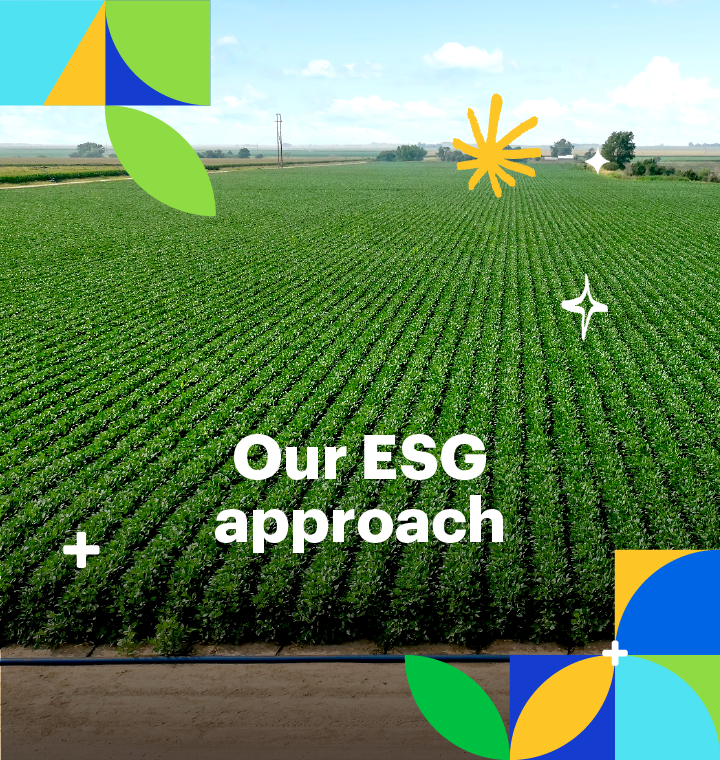
PepsiCo Positive
Our vision is to Be the Global Leader in Convenient Foods and Drinks by Winning with PepsiCo Positive (pep+). pep+ is our strategic end-to-end transformation that places sustainability at the center of how we will create growth and value by operating within planetary boundaries and inspiring positive change for the planet and people.
pep+ seeks to continue to transform the way we do business, inspiring our partners, peers and employees along the way to work together to advance positive change.We strongly believe that the long-term success of our company is intrinsically linked to a healthy planet, resilient food systems and the holistic well-being of our people and the communities we serve. That’s why we invest in Environmental, Social and Governance (ESG) programs, which we believe will help future-proof and strengthen our business for the long-term.
Since introducing our pep+ strategy in 2021, we’ve achieved a few of our goals ahead of schedule — including our 2025 operational water-use efficiency goal — and made meaningful progress on others. Still, there are areas of our pep+ agenda, like climate and packaging, where we continue striving to advance our work. These areas require systemic changes, collective actions and industry-wide investment to achieve broader progress in addition to our own efforts. We regularly review our pep+ goals and consider whether any changes to our goals are warranted. This ESG Summary communicates the work we’re doing throughout PepsiCo as we work toward achieving our pep+ goals.

>1B
times each day PepsiCo products are
enjoyed around the world

200+
countries and territories where
our products are sold
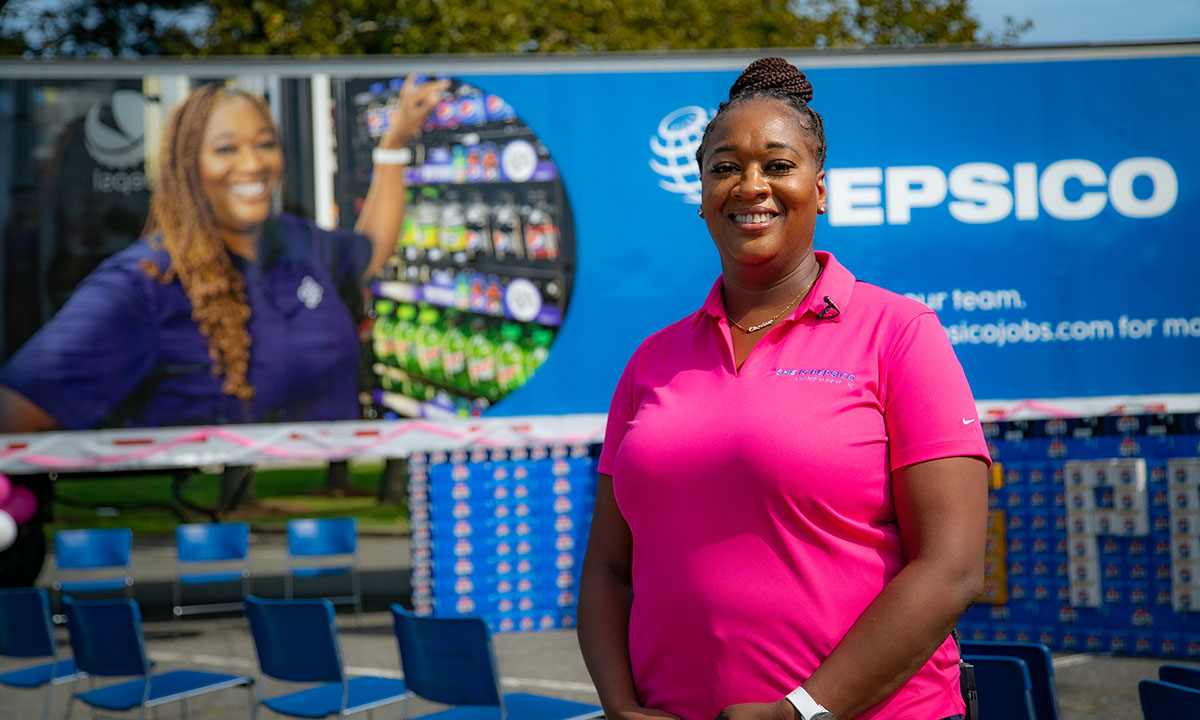
~318,000
employees globally1

>$91B
net revenue in 2023
1. As of December 30, 2023.
We are very clear that pep+ is the future of our company, and we are focused on three interconnected pillars with bold goals:
/pepsico-positive-static-logo.png?sfvrsn=6901012d_1)
Positive Agriculture
We are working to source our crops and ingredients in ways that restore the earth and strengthen farming communities.
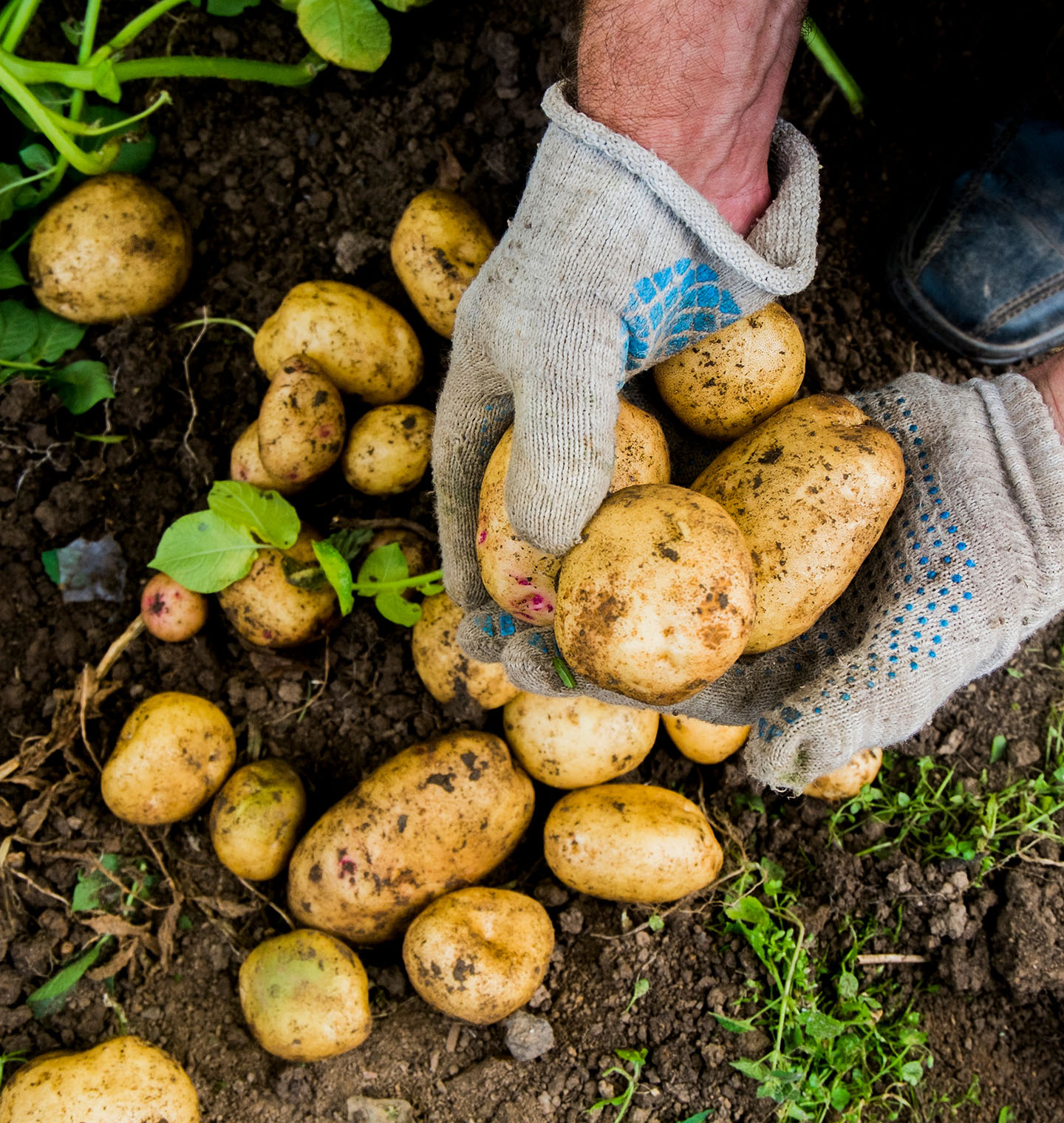
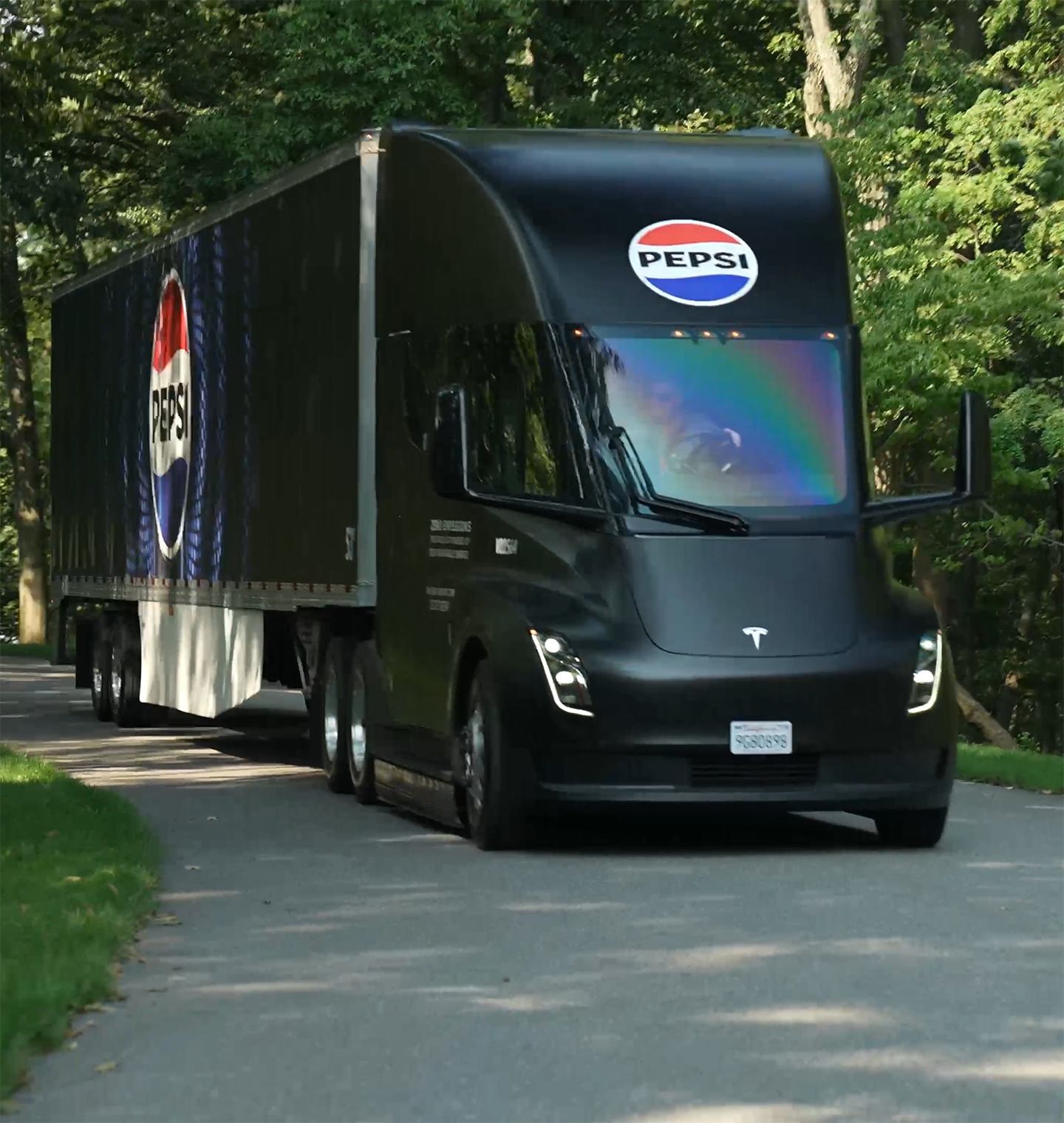
Positive Value Chain
We are helping to build a circular and inclusive value chain.
Positive Choices
We are inspiring people through our brands to make choices that create more smiles for them and the planet.

Our complex value chain
We aspire to help address global challenges such as the impacts of climate change, social inequality and lack of access to nutritious food.
More than 35 agricultural crops and ingredients are grown around the world before they are made into beloved PepsiCo products at more than 1,000 manufacturing facilities, including more than 290 company-owned facilities.Our products are then packaged and moved by gas-, biofuel- and electric-powered vehicles across approximately 1.2 billion miles worldwide by our company-owned fleet (and even more through third-party transportation providers) to be sold and enjoyed by our consumers more than one billion times a day.
Once enjoyed, the packaging from our products should be collected and recycled where possible for another use to create a more circular economy.

 Agricultural Sourcing PepsiCo sources crops and ingredients from farmers in more than 60 countries. The outcomes and standards we promote can help improve the environmental, social and economic resilience of agricultural communities around the world.
Agricultural Sourcing PepsiCo sources crops and ingredients from farmers in more than 60 countries. The outcomes and standards we promote can help improve the environmental, social and economic resilience of agricultural communities around the world. Consumption PepsiCo products are enjoyed by consumers more than one billion times a day. We are responding to changing consumer preferences by refreshing much of our product portfolio and reformulating many of our convenient foods and drinks to incorporate more diverse ingredients and reduce added sugars, sodium and saturated fat.
Consumption PepsiCo products are enjoyed by consumers more than one billion times a day. We are responding to changing consumer preferences by refreshing much of our product portfolio and reformulating many of our convenient foods and drinks to incorporate more diverse ingredients and reduce added sugars, sodium and saturated fat. Distribution PepsiCo products are sold in over 200 countries and territories. In 2023, our company-owned fleet traveled approximately 1.2 billion miles worldwide — and even more than that through third-party transportation providers — to bring PepsiCo products to customers. We are working to continue to address the environmental impact of our fleet by adopting more efficient vehicles and practices, and we are developing and sharing best practices with third-party transportation providers to encourage them to do the same.
Distribution PepsiCo products are sold in over 200 countries and territories. In 2023, our company-owned fleet traveled approximately 1.2 billion miles worldwide — and even more than that through third-party transportation providers — to bring PepsiCo products to customers. We are working to continue to address the environmental impact of our fleet by adopting more efficient vehicles and practices, and we are developing and sharing best practices with third-party transportation providers to encourage them to do the same. R&D and Manufacturing We spent more than $800 million on R&D in 2023 as part of our continued investment in developing quality and innovative convenient foods and drinks. Our more than 290 company-owned manufacturing facilities bring together innovators and operations teams who strive to use water, energy and product ingredients more efficiently.
R&D and Manufacturing We spent more than $800 million on R&D in 2023 as part of our continued investment in developing quality and innovative convenient foods and drinks. Our more than 290 company-owned manufacturing facilities bring together innovators and operations teams who strive to use water, energy and product ingredients more efficiently. Post-Consumer PepsiCo’s sustainable packaging vision is to help build a world where packaging never becomes waste. We continue to focus on the amount of packaging we use, expand our portfolio of reuse offerings, innovate sustainable packaging and work to improve recycling infrastructure.
Post-Consumer PepsiCo’s sustainable packaging vision is to help build a world where packaging never becomes waste. We continue to focus on the amount of packaging we use, expand our portfolio of reuse offerings, innovate sustainable packaging and work to improve recycling infrastructure.
Governance
We believe that strong governance is the foundation for delivering on our pep+ agenda. Our ESG approach is integrated into — not separate from — our business.
Our corporate governance reflects this approach, with an integrated structure that combines Board and senior leadership oversight with subject-matter and localized expertise that informs our strategy and how we execute it.The full Board considers sustainability issues to be an integral part of its business strategy oversight. Throughout the year, the Board and the relevant committees receive updates from and discuss with management sustainability, human capital management (including diversity, equity and inclusion) and public policy matters, including the company’s key programs, related goals and progress toward achieving these goals.
To assist the Board in its oversight and to align it with our sustainability agenda, the Board established the Sustainability, Diversity and Public Policy Committee (the Committee) in 2017. The Committee assists the Board in providing more focused oversight over the company’s policies and programs and related risks that concern key sustainability, diversity, equity and inclusion and public policy matters. The Committee is comprised entirely of independent directors and currently reflects a mix of public policy, risk, international and science-related skills, qualifications and experience.
At the executive level, our ESG strategy and progress toward our pep+ goals are also regularly reviewed by the Sustainability sub-committee of our Executive Committee. This sub-committee is composed of members of our senior leadership management team and provides opportunities for our senior leadership to align on major strategic issues relating to sustainability and keep sustainability in focus among competing priorities.
Our reporting strategy
Reporting is one of the primary ways we inform key stakeholders about our ESG ambitions and progress. Our stakeholders include investors, potential and current employees, customers and consumers, suppliers, the communities where we live and work, non-governmental organizations (NGOs), regulators and others.
Understanding that each group’s needs differ, we publish a suite of reporting elements targeted at various sets of stakeholders. We combine disclosure of strategy, policy, data2 and case studies according to our understanding of public interest and guided by key sustainability and reporting frameworks.
Our reporting suite consists of the following:
- ESG Summary: A high-level overview of our pep+ agenda and annual progress. It aims to reflect the integration between ESG and our business and is designed to link seamlessly with our ESG Topics A-Z for more detail and the latest updates. Readers can also download a PDF of the report.
- ESG Topics A-Z: An evergreen, encyclopedia-style deep-dive on more than 50 sustainability-related topics designed to provide accessible, consistent information for those looking for greater depth on PepsiCo’s ESG strategy, management, policies, progress and partnerships.
- ESG Performance Metrics: Time-series data3 for our key sustainability goals4, intended to support ESG analysis primarily for investors, ESG raters and NGOs.
- Indices and framework responses and other topic-specific disclosures: These map our reporting to specific metrics established by voluntary reporting frameworks including Sustainable Accounting Standards Board (SASB), Task Force on Climate-related Financial Disclosures (TCFD) and CDP (formerly the Carbon Disclosure Project) climate, water and forest responses. It also includes specialized reporting, such as our annual Green Bond, Diversity, Equity and Inclusion (DEI) and the PepsiCo Foundation’s Global Impact reports.
2. As a general matter, recent organizational changes (e.g., acquisitions and divestitures) are reflected in our reporting as soon as practical. Unless otherwise noted, goals and progress reflect the impact of our acquisitions of Hangzhou Haomusi Food Co., Ltd. (Be & Cheery), Pioneer Food Group Ltd. (Pioneer Foods), and SodaStream International Ltd. and our divestiture of Tropicana, Naked and other select juice brands (Tropicana). Organizational changes (e.g., acquisitions, mergers, and divestitures) are evaluated to determine if they have a significant impact on our sustainability performance and, as data becomes available, all reported years for metrics impacted by an organizational change are recast to consistently reflect the impact of the organizational change. Targets apply to PepsiCo’s operations as well as our value chain (e.g., franchise bottlers, joint ventures where PepsiCo has operational control, co-manufacturers, etc.) unless otherwise noted
3. For 2023 reporting, we've reduced our time-series data from five years to three years to better align with the number of years in evolving regulatory and voluntary frameworks
4. For detail on how we measure performance against these goals, see Calculation methodology on ESG Topics A-Z
Our sustainability journey
For nearly two decades, PepsiCo has been on a journey to transform the way we do business so that our pursuit to deliver strong financial returns is also responsive to the needs of our stakeholders and the world around us.
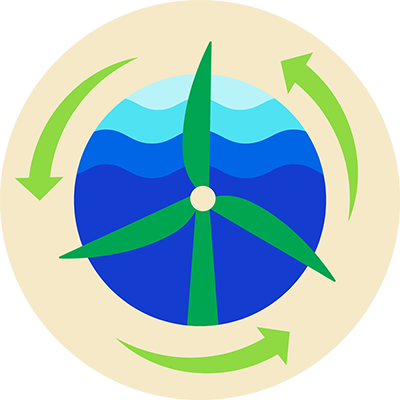
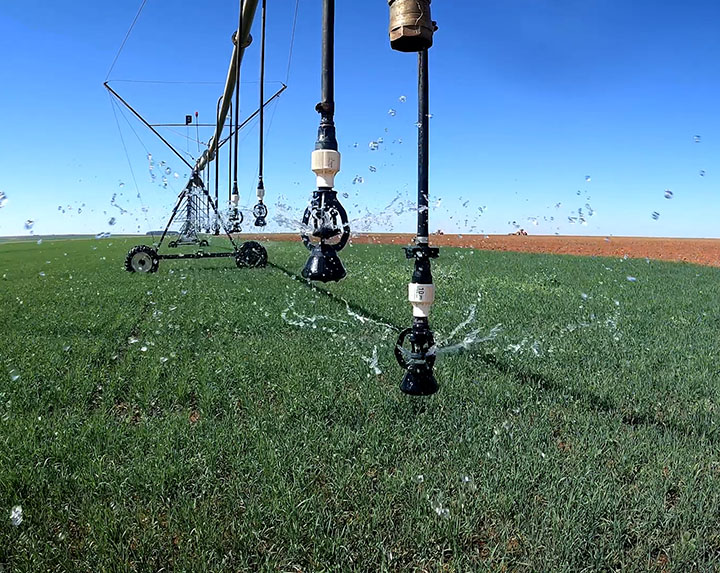
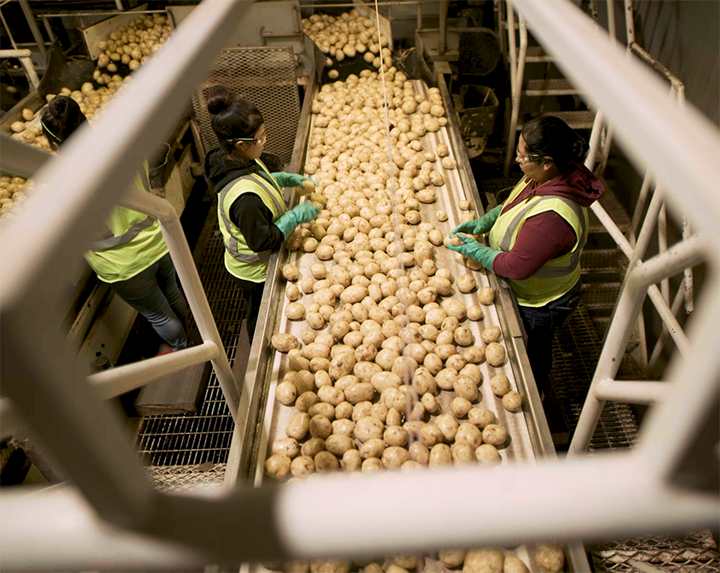
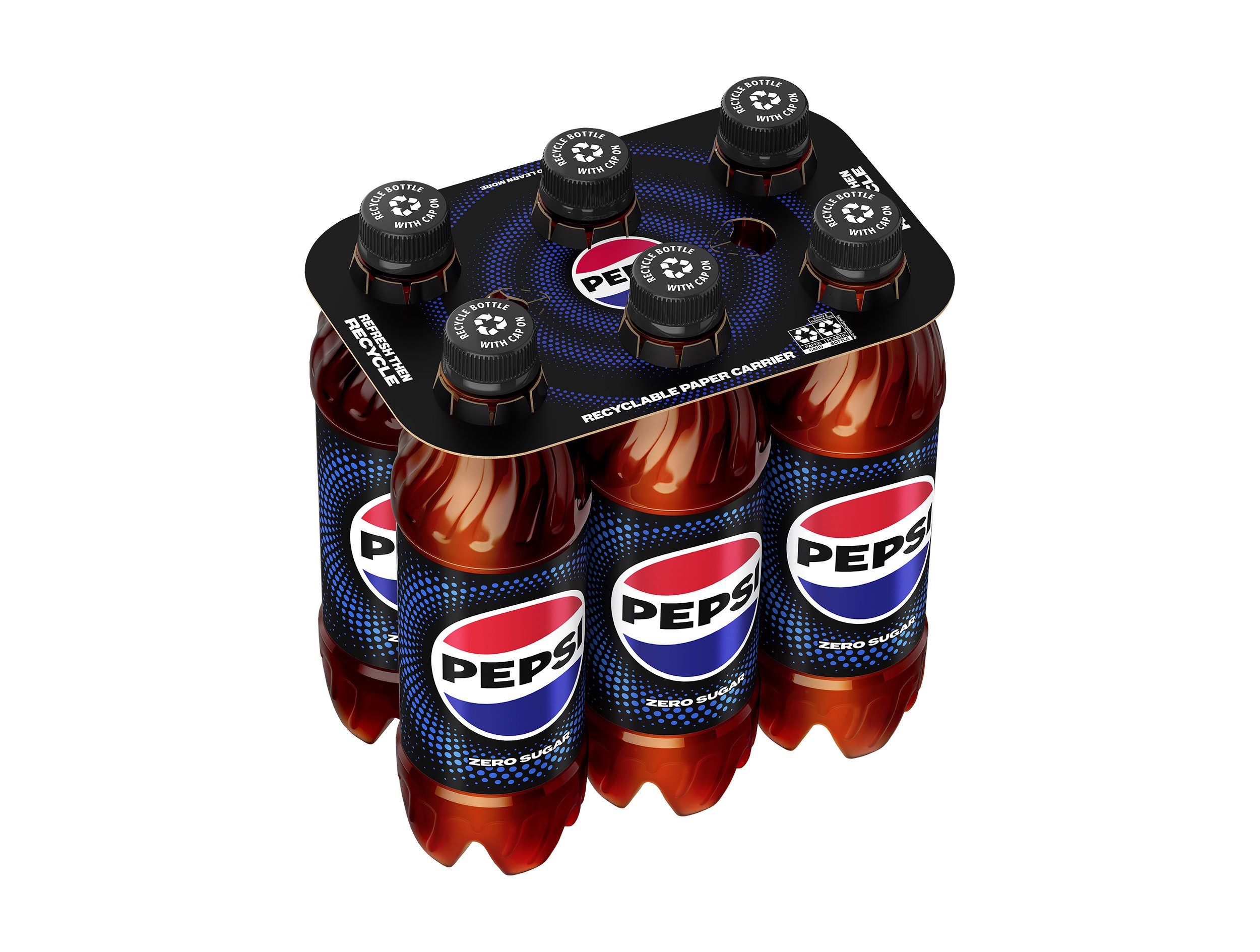
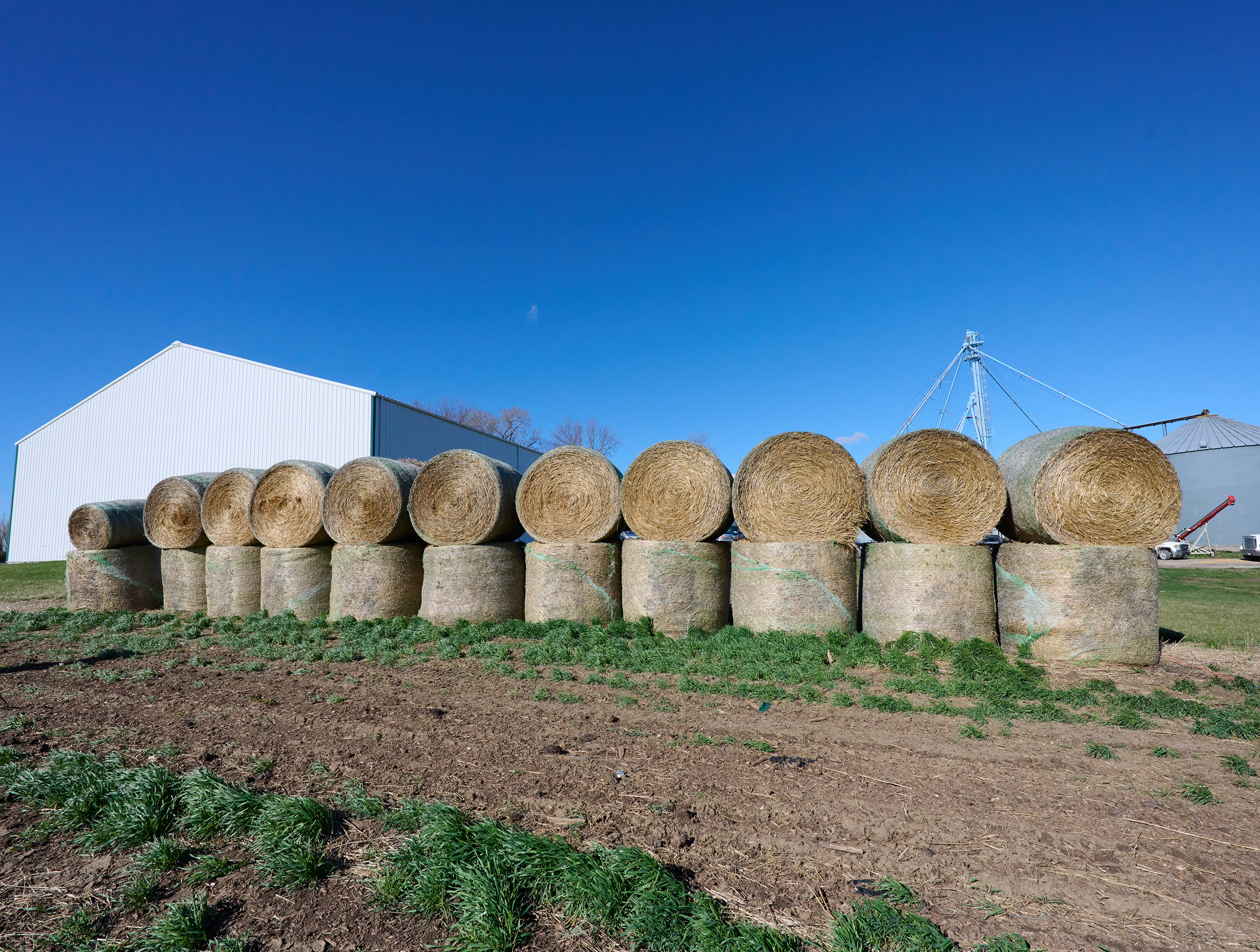
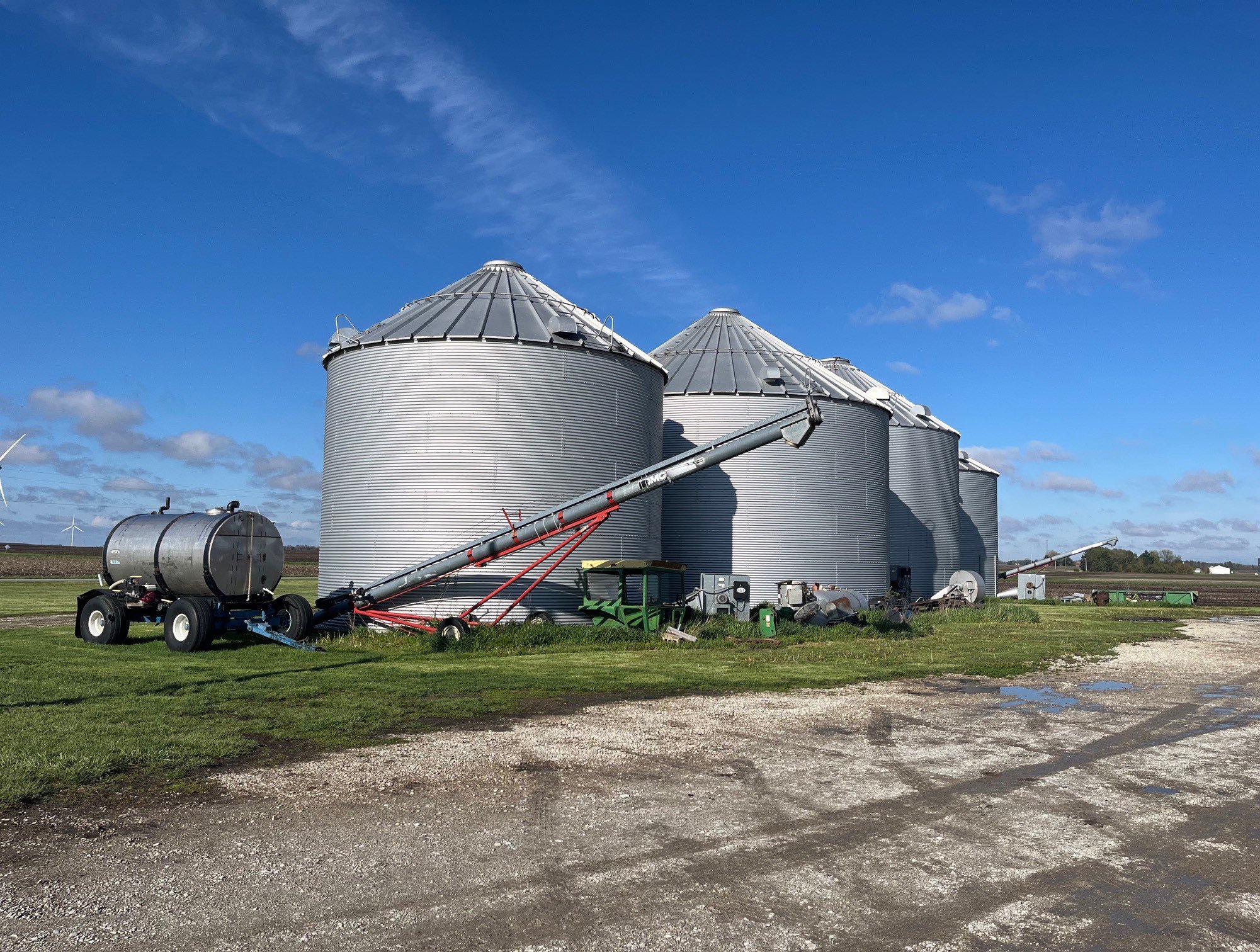

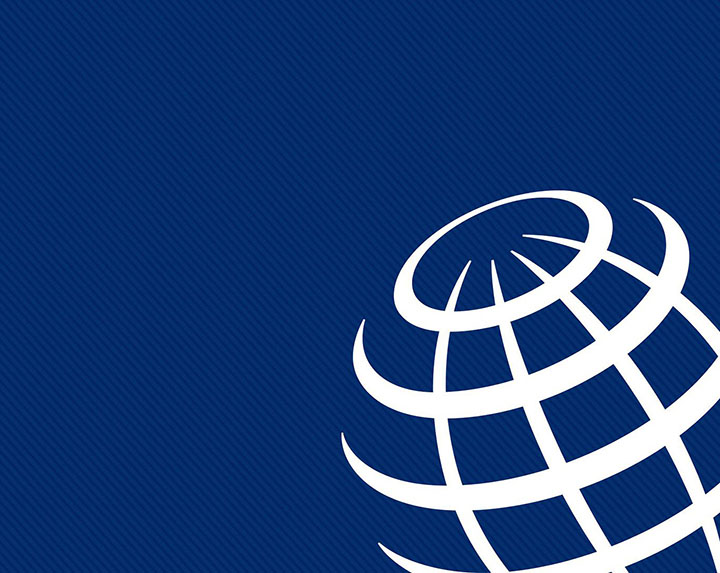
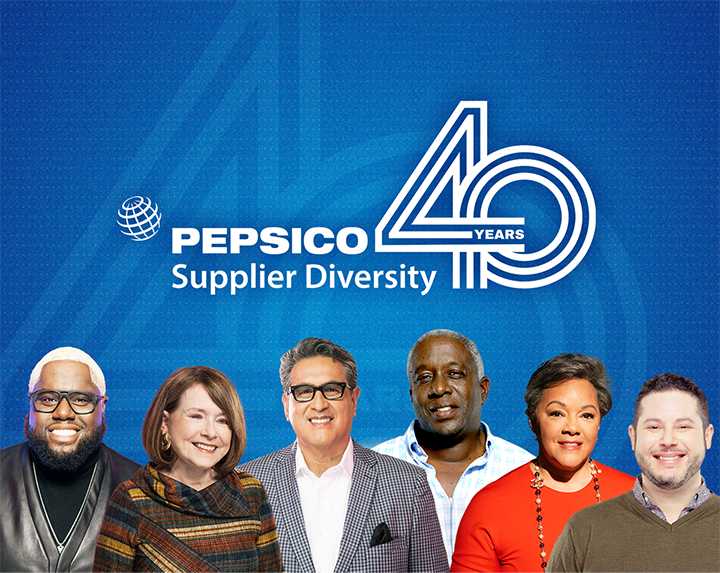
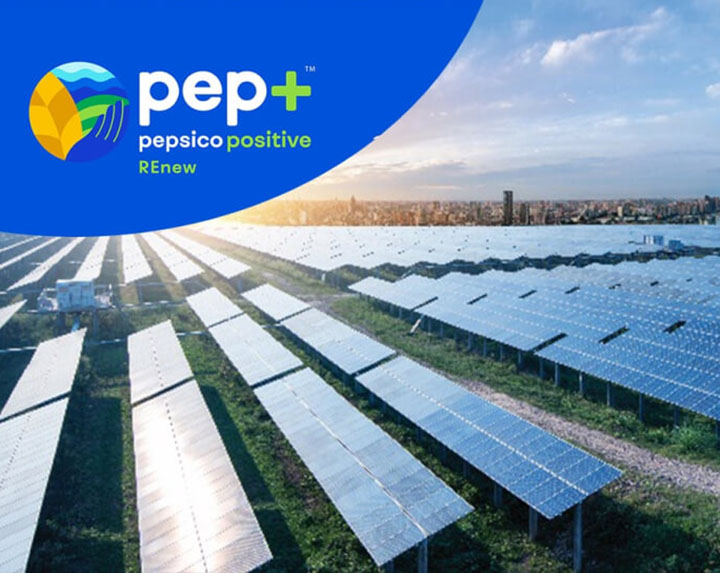
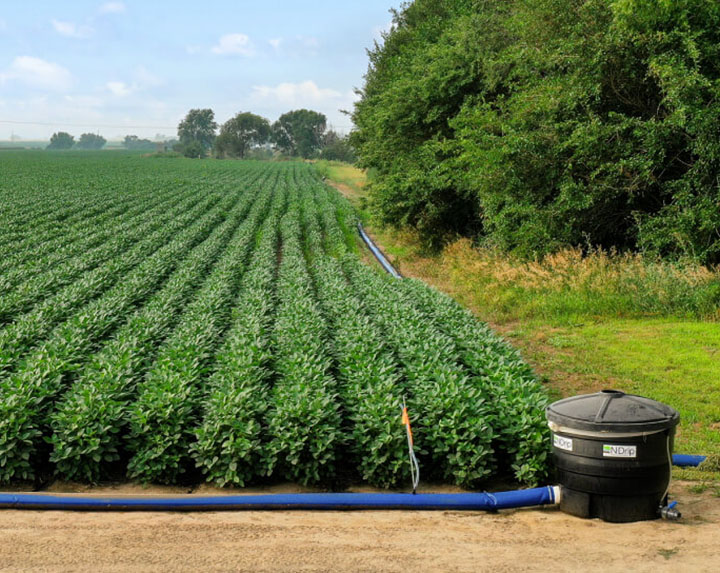

/2021_pepplus.png?sfvrsn=8669a154_6)
/2021_water_positive_goal.jpeg?sfvrsn=ee91b3e2_3)
/2021_mexico_wind_farm.jpg?sfvrsn=5ac98bc8_3)
/2021_positive_ag.jpg?sfvrsn=a88cb157_3)
/2020_safe_water_access_1.jpg?sfvrsn=1af45876_0)
/2020_purchase_solar_panels_1.jpg?sfvrsn=289dab96_0)
/2019_cla-logo.jpg?sfvrsn=36a1974e_3)
/2018_sodastream.jpg?sfvrsn=d3945bcb_3)
/2017_india_demo_farm.jpg?sfvrsn=6c2eeca9_3)
/2013_sustainable_farming_program_1.jpg?sfvrsn=562cc54d_0)
/2012_stockholm-award.jpg?sfvrsn=967f166a_3)
/2010_electric_fleet.jpg?sfvrsn=53a89d70_3)
/2006_performance_with_purpose.jpg?sfvrsn=144c05ee_3)